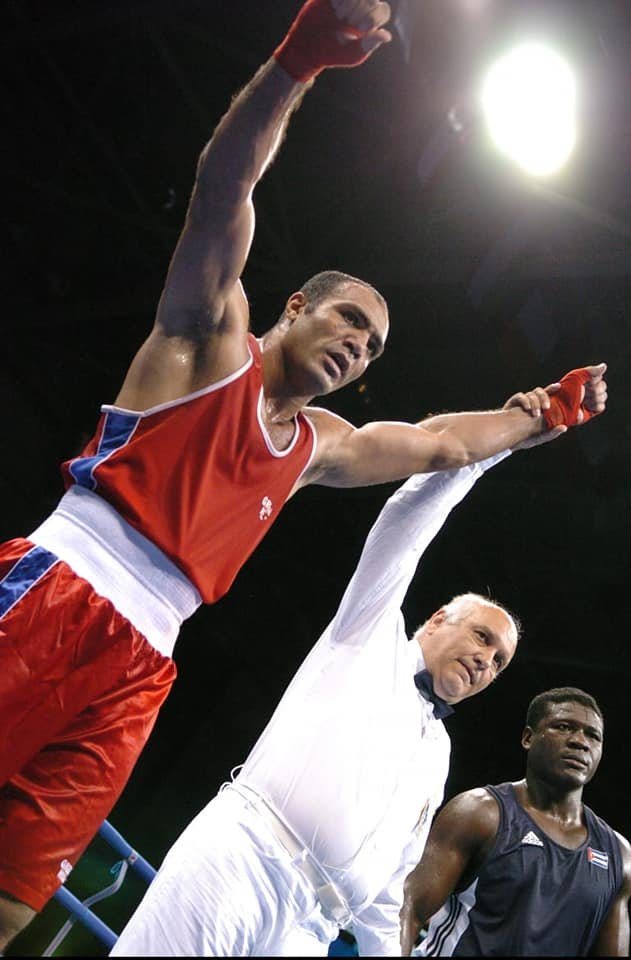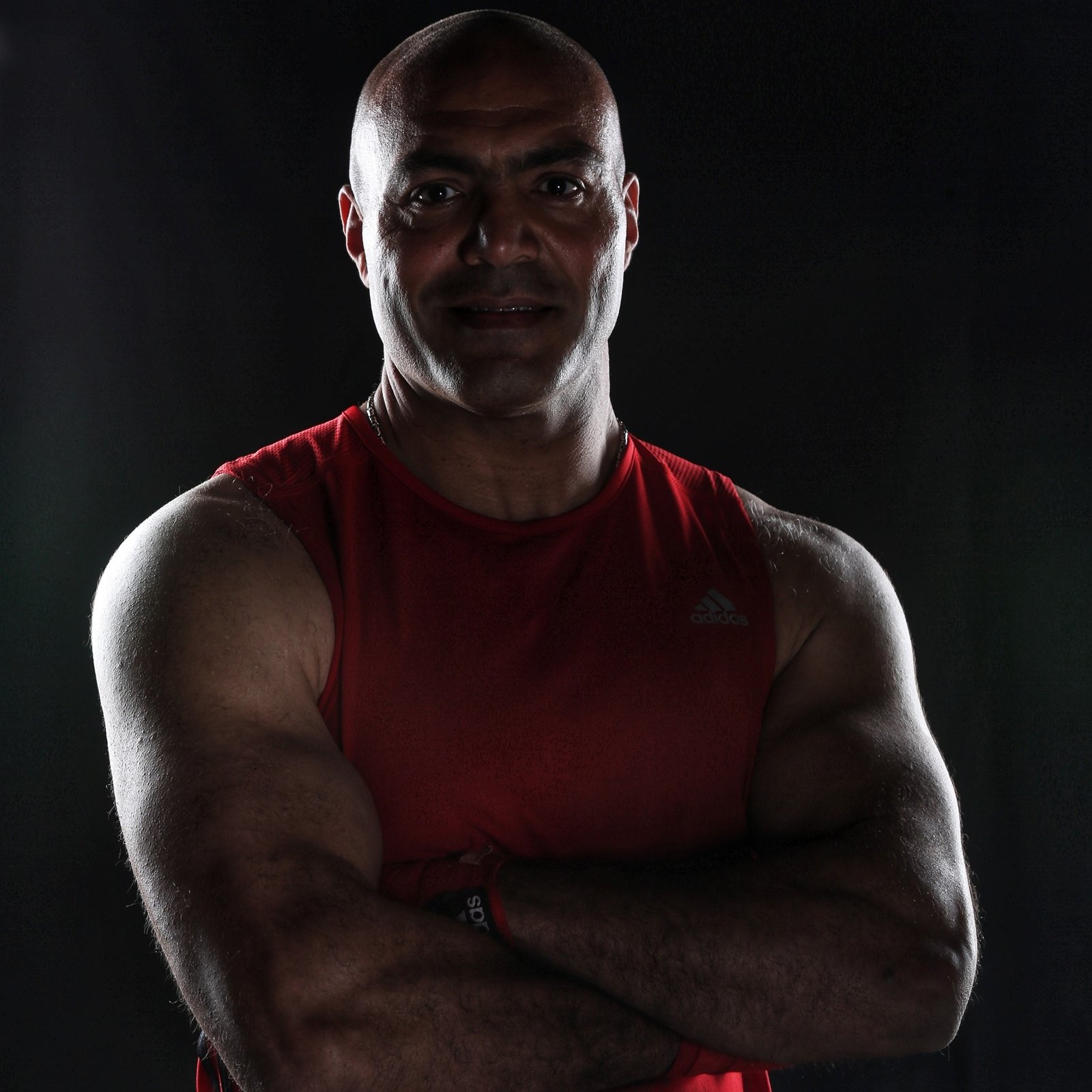
The Early Days
Olympic Champion 2024
Forty-four years after Muhammad Ali’s 1960 gold, Mohamed Aly Reda stunned the boxing world at the 2004 Athens Olympics,
Becoming Egypt’s first Olympic boxing finalist. Reda, nicknamed “Clay,” secured the spot with a semifinal upset over Cuba’s Michel Lopez Nunez. This victory, along with unexpected medals from other Egyptian heavyweights – a haul unprecedented after only two previous world championship bronzes – broke Egypt’s Olympic drought. Reda’s silver, part of a five-medal performance, ended one of the longest Olympic medal famines for a developing nation, following a near-barren four decades highlighted only by Mohamed Rashwan’s 1984 judo silver.
Professional Career
Some description text for this item
All that was to change in Athens, where Egyptian boxers called Mohamed had an unusually high chance of either walking away with some silverware or being dealt a cruel blow by fate.
Reda got both.
He overcame the fearsome Cuban despite heading into the semifinals as an underdog and carrying a shoulder injury, courtesy of a scrappy opening bout, but his luck would not hold.
That same injury, aggravated in subsequent training, would later see him fail a medical and thus forfeit the final, gifting the gold to Russia’s Alexander Povetkin
Meanwhile, teammate Mohamed El-Baz was forced to withdraw with a similar injury after qualifying for the semifinals, while another member of the team, heavyweight Mohamed Elsayed, went on to claim bronze.
Light heavyweight Ahmed Ismail’s bronze made up boxing medal No 3.
In a sport known for its dubious decisions – such as South Korean Park Si-hun’s win over Roy Jones Jr in the light middleweight title fight at the 1988 Seoul Games – it is perhaps little surprise that Egypt would become embroiled in some kind of boxing controversy to mar its success.


Professional Career
Some description text for this item
That came in spectacular style when the referee cut short Ismail’s fight against Elias Pavlidis in round three due to cuts on the Greek fighter’s eye.
Ismail fled the ring amid a barrage of flying water bottles and host Greece lodged an official protest against him, claiming his illegal hits had left Pavlidis unable to finish the fight.
World boxing body AIBA rejected the appeal and the 2003 African champ went on to collect his bronze.
Neither Team Egypt nor its fighters complained much about the bad press, nor the bad luck. They were all too busy wondering who had changed the record from ‘better luck next time’ to one of smashing success.
Somehow, Egypt’s medal ratio had jumped from seven qualifiers earning no medals at the Sydney Games in 2000, to them going 3-for-6 in the space of four years.
Now the question is whether they can reprise some of this success in Beijing.
The ongoing worlds in Chicago, an Olympic qualifier for Beijing 2008 that wrap up Sunday, will certainly be one indicator. Berths are automatically awarded to quarterfinalists, or semifinalists in the heavier weight classes.
Egypt will be disappointed to walk away from Chicago empty-handed but that is a distinct possibility. Already two heavy weight – Ahmed Samir and Emad Abdel-Halim – have been reported missing and may have defected.
What is certain is that Reda’s place in boxing history is safe.
The 32-year-old Reda opened Egypt’s first professional boxing academy last year in Rehab City and has done more to promote the sweet science at home than many, and perhaps any, of his compatriots. His success has also helped reverse the chronic under funding of amateur boxing in the country.
the movie
After the Olympics, despite plenty of interest, Aly decided not to turn professional. Aly instead began a business He created a franchised boxing academy called Mohammed Reda Boxing Academy in Cairo with 7 branches.

